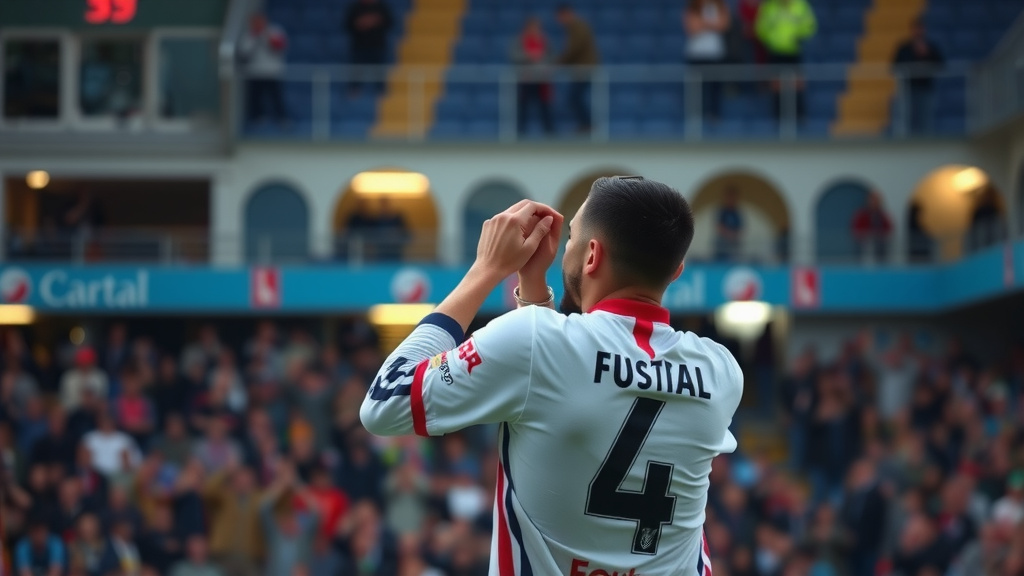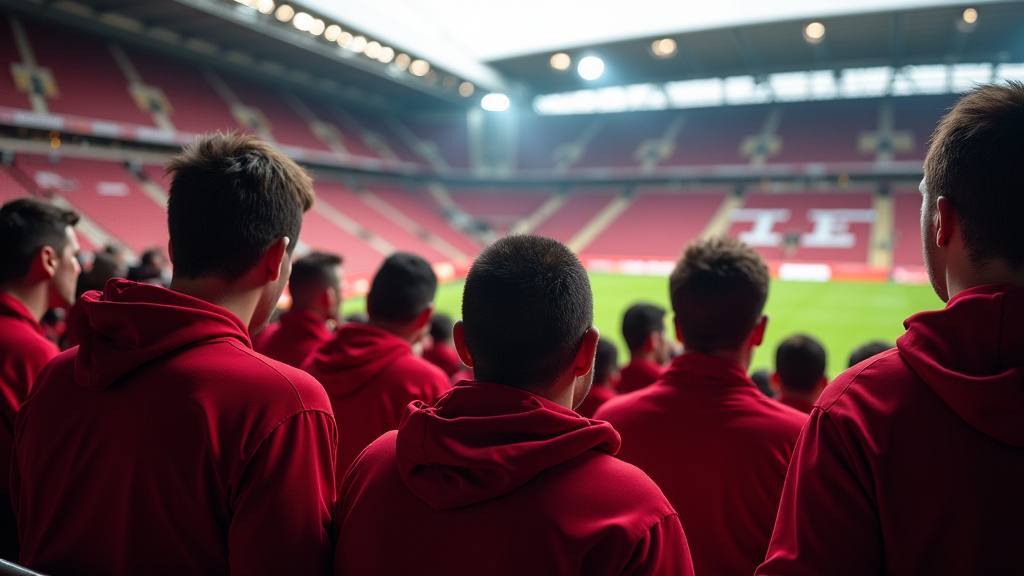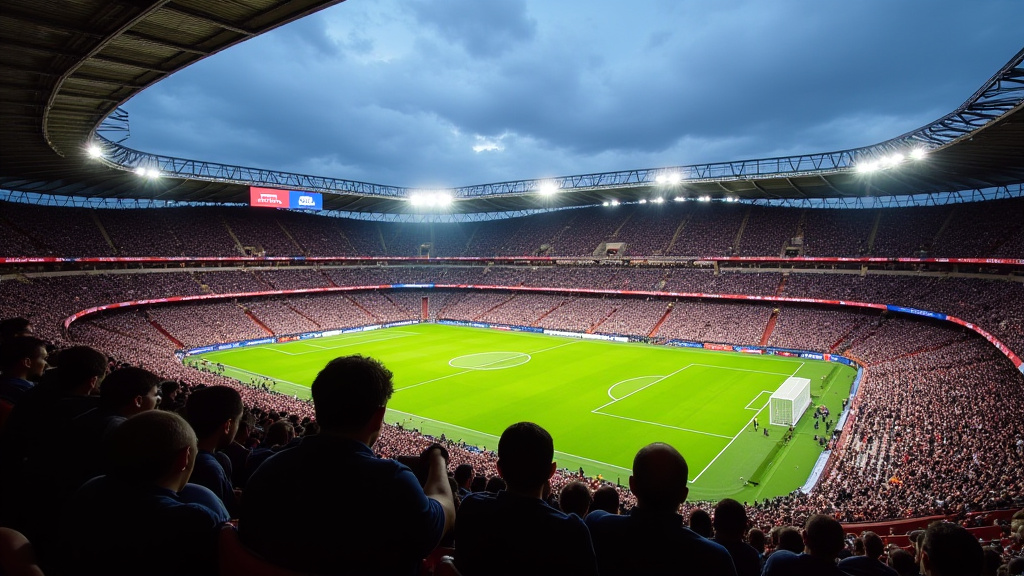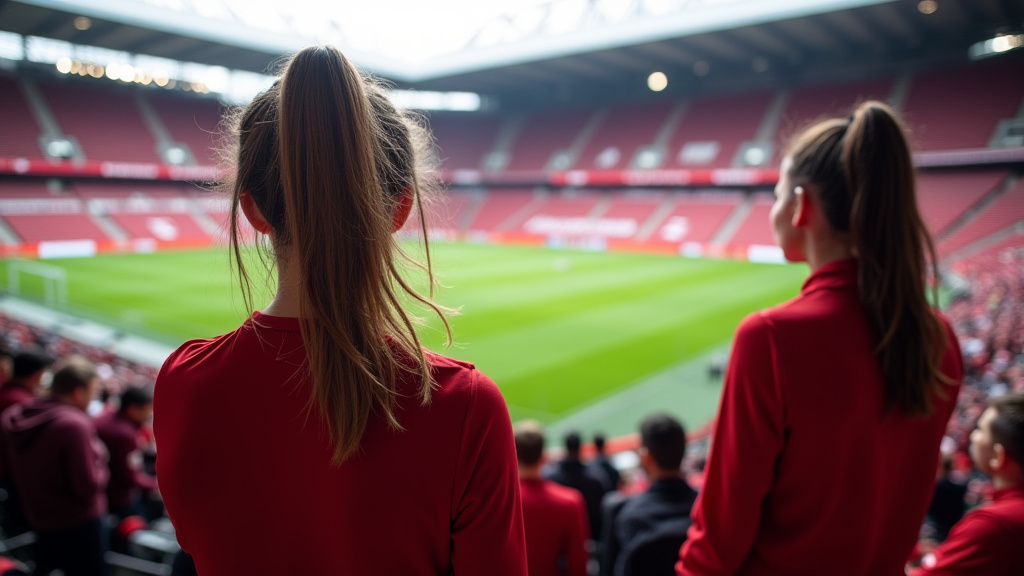Liverpool Owners Set Sights on La Liga Club Getafe Delivering New Opportunities for Football Fans
What if Liverpool’s owners could take their winning formula beyond the Premier League and into Spain? Fenway Sports Group, the American consortium behind Liverpool FC, is reportedly looking to acquire Getafe CF, a club competing in Spain’s La Liga. This potential move could reshape the football landscape for both fanbases and ignite fresh discussions about multi-club ownership models in Europe. According to recent reports, FSG’s interest in Getafe isn’t just about expanding their football empire but also reflects a strategic approach to player development, scouting, and brand growth.
Multi-club ownership is far from a new concept in football, but with giants like City Football Group leading the way, other groups are following suit. FSG has already made waves with their stewardship of Liverpool, one of the most successful English clubs in recent history. Adding Getafe to their portfolio could open pathways for talent exchange, greater commercial leverage, and more competitive advantages. For casual fans and football aficionados alike, this story raises some fascinating questions. How might this change the way clubs operate? Could it lead to more exciting talent pipelines or spark concerns over competitive integrity?
Fenway Sports Group’s Method Behind Liverpool’s Success
To understand why FSG’s potential purchase of Getafe is significant, it helps to look back on how the group transformed Liverpool. When FSG took over in 2010, Liverpool was struggling both on the pitch and financially. The group adopted a long-term, data-driven strategy that combined astute signings, infrastructure investment, and a sharp focus on club culture. The payoff has been remarkable: Liverpool has won six major trophies in recent years including the Premier League, UEFA Champions League, and FIFA Club World Cup.
FSG’s approach relies heavily on analytics and a global scouting network. They’ve nurtured young talents like Trent Alexander-Arnold and Mohamed Salah while securing experienced leaders. The group has also emphasized expanding digital engagement and commercial partnerships worldwide. Their success provides a strong foundation for applying similar strategies at Getafe. Imagine Getafe benefiting from advanced scouting data, enhanced training facilities, and commercial expertise — all underpinned by FSG’s proven operational excellence.
What Getafe Brings to the Table
Getafe CF is often regarded as a hardworking, gritty club known for punching above its weight in La Liga. While they may not have the global fame of Real Madrid or Barcelona, Getafe’s consistent presence in Spain’s top flight makes them an intriguing investment. Over recent seasons, Getafe’s defensive organization and tactical discipline have drawn praise from analysts and fans alike. The club finished 15th in La Liga’s 2022-2023 campaign but demonstrated resilience against some of the strongest teams in the league.
This tenacity combined with a relatively modest budget means Getafe has a unique identity, focused on smart transfers and team cohesion. These attributes align well with FSG’s approach, which favors sustainable growth over risky spending. Moreover, getting access to La Liga’s scouting ecosystem could strengthen FSG’s talent pipeline, enabling Liverpool and Getafe to share prospects that might otherwise fly under the radar.
Multi-Club Ownership and the Future of Football
The idea of owning multiple football clubs is increasingly attractive for investment groups aiming to maximize resources and streamline player movement. City Football Group owns Manchester City, New York City FC, and clubs around the globe. Similarly, Red Bull owns RB Leipzig and RB Salzburg, leveraging synergy between teams to develop young talent and maintain competitive advantages.
If FSG finalizes the Getafe acquisition, it would mark an important expansion of this trend in Spain. They could establish a blueprint for how Premier League owners engage with La Liga clubs. However, such moves also raise questions about sporting fairness and competition rules, particularly regarding player transfers between clubs under the same ownership. UEFA’s regulations have been a topic of debate in this area, and the watchdog continues to weigh how to balance club investment with the integrity of domestic competitions.
For fans, this multi-club model can be exciting. It opens up possibilities to follow rising stars across leagues and witness clubs sharing philosophies and styles. On the flip side, there is a fear that such ownerships could lead to conflicts of interest or reduce local club autonomy. The football community will be watching closely to see whether FSG’s potential deal with Getafe proves beneficial or problematic.
Final Thoughts on FSG’s Potential Getafe Purchase
The potential acquisition of Getafe by Liverpool owners Fenway Sports Group represents a fascinating development in modern football club ownership. It is a strategic move loaded with opportunities such as shared scouting networks, talent development, and enhanced commercial reach across borders. But it also prompts conversations about the implications of multi-club ownership on competition and club identity.
For Liverpool fans, seeing FSG expand into La Liga could be a source of excitement, offering new stories and player pathways. For Getafe supporters, it might mean greater investment and ambition to climb the ranks of Spanish football. Casual observers might appreciate how global football is evolving in an interconnected way that blends business savvy with sporting passion.
What do you think about multi-club ownership models? Are they a positive innovation in football, or do they risk undermining competitiveness and local traditions? Could FSG’s approach to Getafe be a blueprint for the future or a controversial step too far? Share your thoughts and join the conversation!













